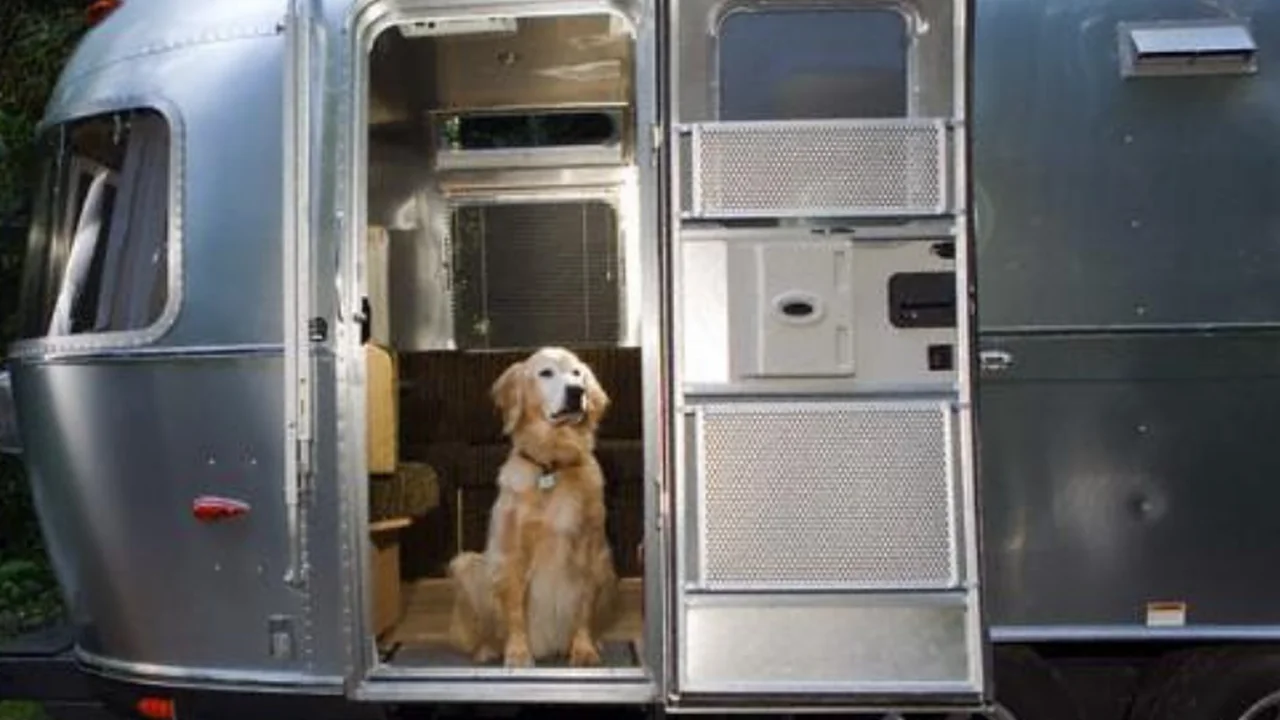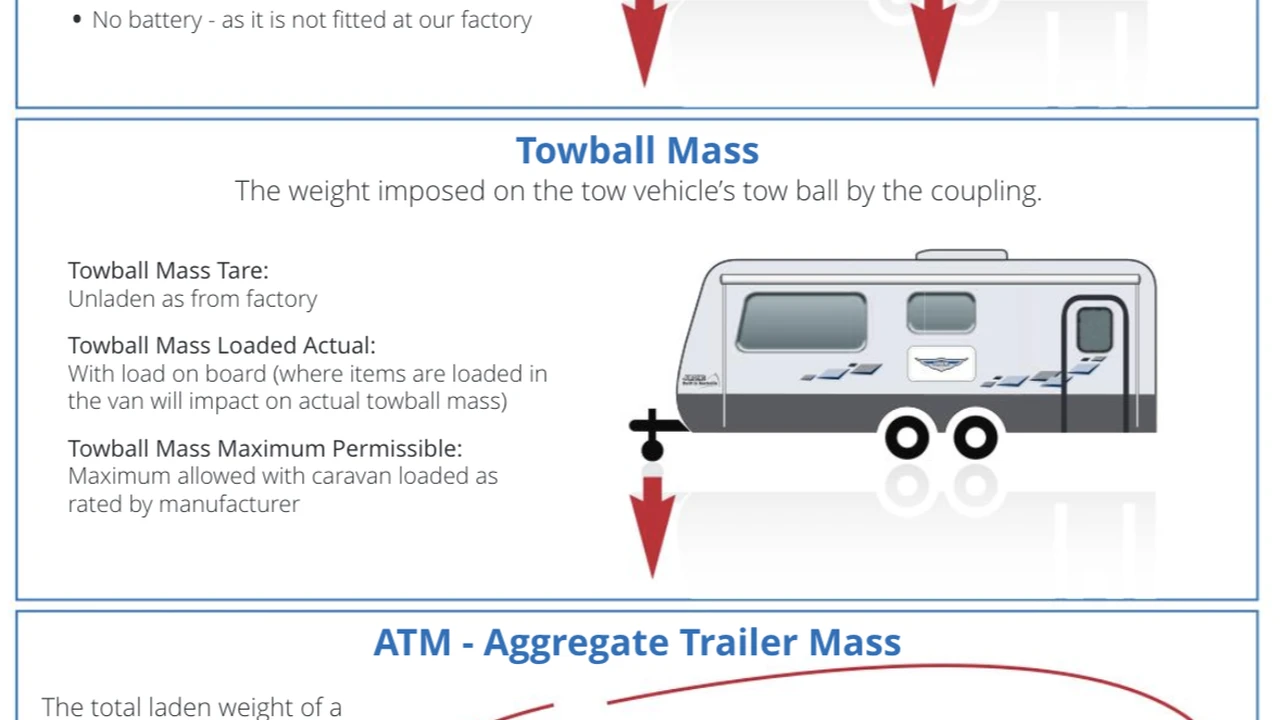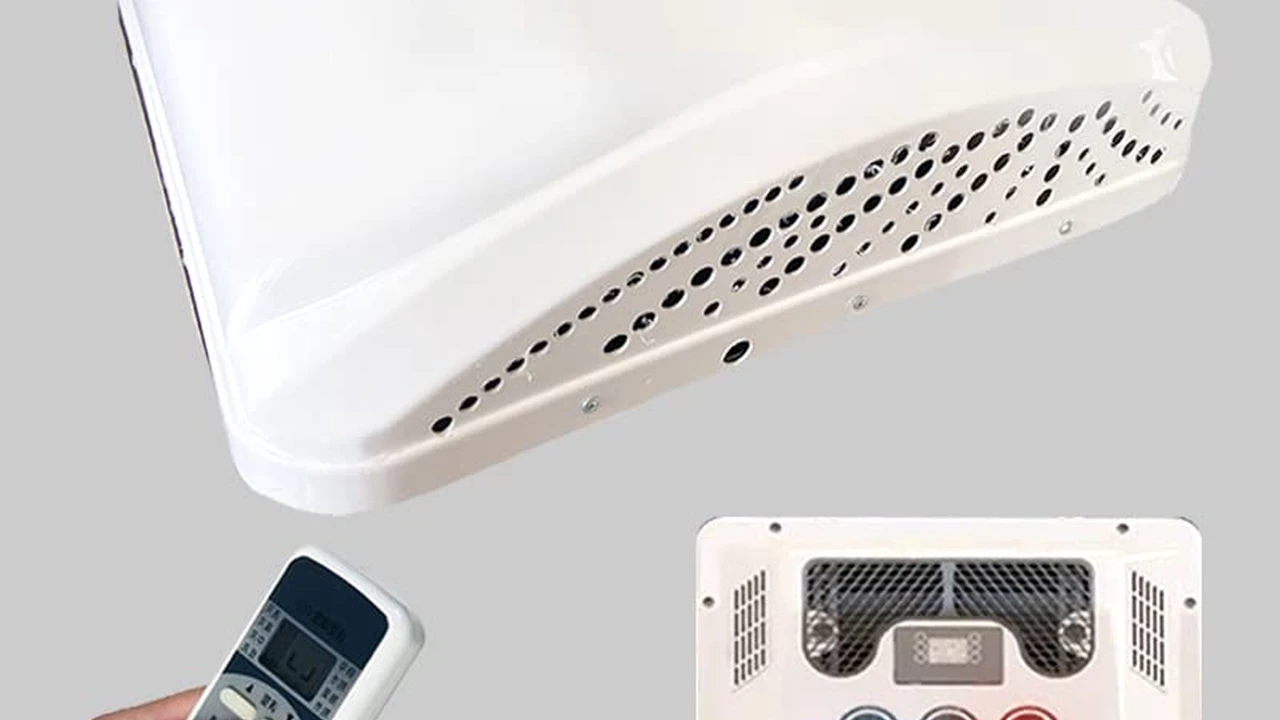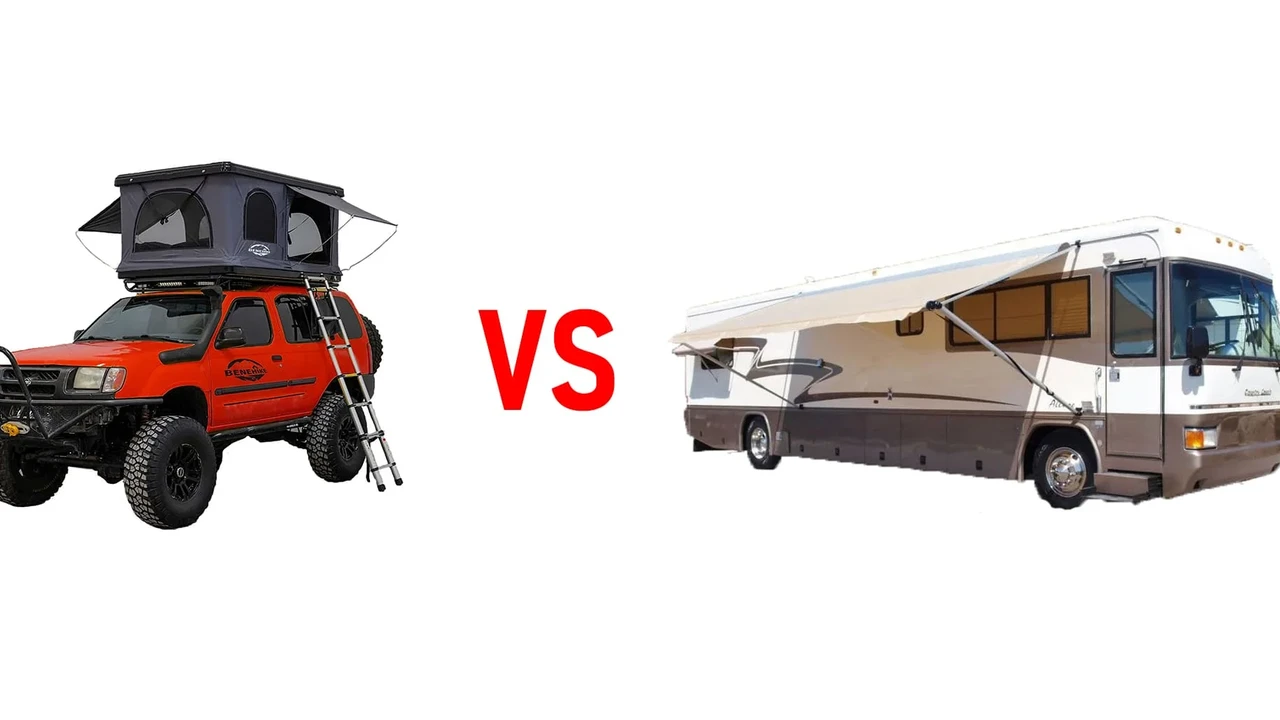RV Living with Pets: Tips for a Happy Journey

RV Travel with Furry Friends A Comprehensive Guide
Embarking on an RV adventure is exciting, but bringing your beloved pets along adds a whole new dimension to the experience. It's not just about packing their food and water; it's about creating a safe, comfortable, and enriching environment for them on the road. This guide dives deep into the world of RV living with pets, offering practical tips, product recommendations, and essential considerations to ensure a happy journey for everyone.
Preparing Your RV for Pet-Friendly Living Top Considerations
Before you even think about hitting the road, you need to pet-proof your RV. This isn't just about preventing damage; it's about ensuring your pet's safety. Here are some key areas to focus on:
Securing Loose Items and Potential Hazards
Just like you would childproof a house, you need to pet-proof your RV. Secure any loose items that could fall and injure your pet, such as picture frames, decorative objects, or small appliances. Pay special attention to cleaning supplies and medications; store them in locked cabinets or high shelves out of reach. Electrical cords are also a hazard; use cord protectors or cable ties to keep them out of your pet's reach.
Creating a Comfortable and Safe Pet Zone
Designate a specific area in your RV as your pet's "safe zone." This could be a comfortable bed, a crate, or a designated corner. This space should be a place where they can retreat to feel secure and relaxed, especially during travel. Include familiar items like their favorite toys, blankets, and water bowl to make them feel at home. For cats, consider a cat tree or scratching post to provide enrichment and prevent them from scratching furniture.
Temperature Control Considerations for Pet Safety
Maintaining a comfortable temperature in your RV is crucial for your pet's well-being, especially during extreme weather conditions. Invest in a reliable RV air conditioner and heater. Consider a remote temperature monitoring system that sends alerts to your phone if the temperature rises or falls outside of a pre-set range. Never leave your pet unattended in a parked RV, especially in hot weather. Even with windows open, the temperature inside can rise rapidly to dangerous levels.
Essential RV Pet Supplies Must-Have Products for a Smooth Trip
Packing the right supplies is essential for a comfortable and safe RV trip with your pets. Here's a comprehensive checklist:
Food and Water Provisions For Your Furry Companions
Pack enough of your pet's regular food to last the entire trip, plus a little extra in case of delays. Store the food in airtight containers to prevent spoilage and keep pests away. Bring plenty of fresh water and collapsible bowls for easy access during travel and at campsites. Consider a portable water filter to ensure your pet always has access to clean drinking water.
Product Recommendation: Ruffwear Quencher Collapsible Dog Bowl - This lightweight and durable bowl is perfect for on-the-go hydration. It packs down small for easy storage and is available in various sizes. Price: $15-20.
Use Case: Use it during hikes, rest stops, and at the campsite to provide your dog with fresh water.
Product Comparison: Compared to other collapsible bowls, the Ruffwear Quencher is known for its durability and stability. Cheaper options may be prone to leaks or collapse easily.
Leashes Collars and Pet Identification Essential Safety Gear
Always keep your pet on a leash when outside the RV, especially in unfamiliar areas. Make sure your pet's collar has up-to-date identification tags with your contact information. Consider microchipping your pet; it's the most reliable way to ensure they can be identified and returned to you if they get lost. A GPS tracker can also provide peace of mind.
Product Recommendation: Whistle Go Explore GPS Pet Tracker - This device attaches to your pet's collar and allows you to track their location in real-time. It also monitors their activity levels and provides health insights. Price: $130.
Use Case: Use it to track your dog's location during hikes or at the campsite. It can also alert you if your pet wanders outside of a designated safe zone.
Product Comparison: Compared to other GPS trackers, the Whistle Go Explore offers a longer battery life and more comprehensive health monitoring features.
Pet First Aid Kit Preparing for Emergencies on the Road
A well-stocked pet first aid kit is essential for dealing with minor injuries or illnesses on the road. Include items such as bandages, antiseptic wipes, gauze pads, antibiotic ointment, tweezers, and a pet thermometer. Consult with your veterinarian to learn how to use the items in your kit and to get recommendations for specific medications or treatments your pet may need.
Product Recommendation: Adventure Medical Kits Pet First Aid Kit - This comprehensive kit includes a variety of essential supplies for treating common pet injuries and illnesses. Price: $30-40.
Use Case: Use it to treat minor cuts, scrapes, insect bites, or other minor ailments.
Product Comparison: Compared to assembling your own kit, the Adventure Medical Kits Pet First Aid Kit offers convenience and ensures you have all the necessary supplies on hand.
Waste Management Solutions Maintaining a Clean RV Environment
Proper waste management is crucial for maintaining a clean and sanitary RV environment. Bring plenty of poop bags for dogs and a litter box with appropriate litter for cats. Dispose of waste properly in designated areas or trash receptacles. Consider using biodegradable poop bags to minimize your environmental impact.
Product Recommendation: Earth Rated Dog Poop Bags - These biodegradable bags are strong, leak-proof, and lightly scented. Price: $10-15 per roll.
Use Case: Use them to pick up after your dog during walks and at the campsite.
Product Comparison: Compared to regular plastic bags, Earth Rated Dog Poop Bags are more environmentally friendly and decompose more quickly.
Pet-Friendly RV Destinations Discovering Great Places to Explore
Choosing pet-friendly destinations is essential for a successful RV trip with your furry companions. Research campgrounds, national parks, and other attractions that welcome pets and offer amenities such as dog parks, walking trails, and pet-friendly accommodations. Here are a few examples:
National Parks Welcoming Leashed Pets
Many national parks allow pets in designated areas, such as campgrounds, picnic areas, and paved roads. However, restrictions may apply in certain areas, such as hiking trails or visitor centers. Check the specific park's website for pet policies before your visit. Some popular pet-friendly national parks include Acadia National Park, Grand Canyon National Park, and Yosemite National Park (with restrictions).
Campgrounds Offering Dog Parks and Pet Amenities
Many private campgrounds cater to pet owners and offer amenities such as dog parks, pet-washing stations, and designated dog-walking areas. Look for campgrounds that have fenced-in areas where your dog can run and play off-leash. Read reviews from other pet owners to get an idea of the campground's pet-friendliness.
Pet-Friendly Cities and Towns Exploration Opportunities
Some cities and towns are more pet-friendly than others, offering dog-friendly restaurants, parks, and attractions. Research pet-friendly options in the areas you plan to visit. Look for restaurants with outdoor patios that welcome dogs, parks with off-leash areas, and pet-friendly shops and attractions.
Addressing Common RV Pet Challenges Solutions and Tips
RV living with pets can present unique challenges. Here are some common issues and how to address them:
Dealing with Motion Sickness in Pets
Some pets are prone to motion sickness, especially during long RV trips. Talk to your veterinarian about medications or natural remedies that can help alleviate motion sickness. Avoid feeding your pet a large meal before traveling. Keep the RV well-ventilated and provide your pet with a comfortable place to lie down. Take frequent breaks to allow your pet to stretch their legs and get fresh air.
Managing Anxiety and Stress During Travel
RV travel can be stressful for some pets, especially those who are not used to being confined in a small space or traveling in a vehicle. Create a calming environment in the RV by playing soothing music, using pheromone diffusers, or providing your pet with a favorite toy or blanket. Consider using a calming vest or wrap to help reduce anxiety. Gradually acclimate your pet to the RV by taking short trips before embarking on a longer journey.
Preventing Fleas and Ticks Protecting Your Pet's Health
Fleas and ticks are common pests that can pose a threat to your pet's health. Use preventative medications, such as topical treatments or oral medications, to protect your pet from fleas and ticks. Check your pet regularly for fleas and ticks, especially after spending time outdoors. Keep your RV clean and vacuum frequently to remove fleas and ticks that may have been brought inside.
Product Recommendation: Frontline Plus Flea and Tick Treatment - This topical treatment is effective at killing fleas and ticks and preventing re-infestation. Price: $20-30 per dose.
Use Case: Apply it to your pet's skin monthly to protect them from fleas and ticks.
Product Comparison: Compared to other flea and tick treatments, Frontline Plus is known for its effectiveness and ease of use.
Addressing Barking and Excessive Noise Control Strategies
Excessive barking can be a nuisance, especially in campgrounds where quiet hours are enforced. Identify the cause of your pet's barking and address the underlying issue. Provide plenty of exercise and mental stimulation to reduce boredom and anxiety. Use positive reinforcement techniques to train your pet to be quiet on command. Consider using a bark collar as a last resort, but only under the guidance of a professional trainer.
RV Pet Insurance Protecting Your Furry Friend's Health
Pet insurance can help cover the costs of veterinary care in case your pet gets sick or injured while traveling. Research different pet insurance providers and compare their coverage options and premiums. Consider factors such as deductibles, co-pays, and coverage limits. Some pet insurance policies also cover alternative therapies, such as acupuncture and chiropractic care.
Product Recommendation: Embrace Pet Insurance - This company offers comprehensive coverage options and customizable plans to fit your budget and needs. Price: Varies depending on breed, age, and location.
Use Case: Use it to help cover the costs of veterinary care for unexpected illnesses or injuries.
Product Comparison: Compared to other pet insurance providers, Embrace offers a wide range of coverage options and discounts.
Maintaining a Clean and Odor-Free RV with Pets Practical Tips
Keeping your RV clean and odor-free when traveling with pets requires extra effort. Here are some practical tips:
Regular Cleaning and Vacuuming Strategies
Vacuum your RV frequently to remove pet hair, dirt, and debris. Pay special attention to areas where your pet spends the most time, such as their bed or crate. Use a vacuum cleaner with a HEPA filter to trap allergens and dust mites. Clean up spills and accidents immediately to prevent stains and odors.
Odor Elimination Techniques for a Fresh RV Environment
Use odor-eliminating products to neutralize pet odors in your RV. Consider using an enzymatic cleaner to break down organic matter that causes odors. Air out your RV regularly by opening windows and doors. Place bowls of baking soda or activated charcoal around the RV to absorb odors. Wash pet bedding and blankets frequently.
Product Recommendation: Nature's Miracle Advanced Stain and Odor Remover - This enzymatic cleaner effectively removes pet stains and odors from carpets, upholstery, and other surfaces. Price: $10-15 per bottle.
Use Case: Use it to clean up pet accidents and eliminate odors.
Product Comparison: Compared to other odor removers, Nature's Miracle is known for its effectiveness and safe formula.
Controlling Pet Hair Minimize Shedding and Allergens
Brush your pet regularly to remove loose hair and minimize shedding. Use a deshedding tool to remove undercoat hair. Consider using a pet hair roller or lint brush to remove pet hair from furniture and clothing. Invest in an air purifier with a HEPA filter to remove allergens from the air.
RV Security and Pet Safety Protecting Your Furry Companions
Ensuring your pet's safety and security is paramount when RVing. Here are some key considerations:
Preventing Pets from Escaping Securing Doors and Windows
Make sure all doors and windows are securely closed when you are not present in the RV. Consider installing screen doors or window guards to prevent your pet from escaping. Train your pet to stay inside the RV when the door is open. Never leave your pet unattended outside the RV without a leash or supervision.
Protecting Pets from Extreme Weather Conditions
Never leave your pet unattended in a parked RV, especially in hot or cold weather. The temperature inside can rise or fall rapidly to dangerous levels. If you must leave your pet alone for a short period, park in a shaded area and leave the air conditioner or heater running. Monitor the temperature inside the RV remotely using a temperature monitoring system.
Emergency Preparedness Planning for Unexpected Situations
Have a plan in place for dealing with emergencies, such as a fire, natural disaster, or medical emergency. Keep a list of emergency contact numbers, including your veterinarian and local animal shelters. Pack a pet emergency kit with essential supplies, such as food, water, medication, and a leash. Know the location of the nearest veterinary hospital or emergency clinic.
Health and Wellness on the Road Maintaining Pet Vitality
Maintaining your pet's health and wellness is crucial for a happy and enjoyable RV trip. Here are some tips:
Regular Veterinary Checkups Ensuring Optimal Health
Schedule a veterinary checkup before embarking on your RV trip to ensure your pet is healthy and up-to-date on vaccinations. Discuss any potential health concerns with your veterinarian and get recommendations for medications or treatments your pet may need. Bring a copy of your pet's medical records with you on the trip.
Proper Diet and Hydration Maintaining Energy Levels
Feed your pet a balanced diet that is appropriate for their age, breed, and activity level. Provide plenty of fresh water throughout the day. Avoid feeding your pet table scraps or processed foods. Consider supplementing your pet's diet with vitamins or minerals, as recommended by your veterinarian.
Exercise and Mental Stimulation Keeping Pets Engaged
Provide your pet with plenty of exercise and mental stimulation to prevent boredom and anxiety. Take your dog for regular walks or hikes. Play fetch or other games. Provide your cat with toys, scratching posts, and climbing structures. Rotate toys regularly to keep your pet interested.
Building a Strong Bond with Your Pet on the Road Creating Lasting Memories
RV living with pets can be a rewarding experience that strengthens the bond between you and your furry companions. Here are some ways to create lasting memories:
Engaging in Activities Together Shared Experiences
Involve your pet in your RV adventures. Take them hiking, swimming, or kayaking. Visit pet-friendly attractions and parks. Attend pet-friendly events. Take lots of pictures and videos to capture your memories.
Creating a Comfortable and Loving Environment
Make your RV a comfortable and loving environment for your pet. Provide them with a cozy bed, plenty of toys, and lots of affection. Spend quality time with your pet, cuddling, playing, or simply relaxing together. Create a routine that provides structure and predictability.
Celebrating Special Moments and Milestones
Celebrate your pet's birthday or other special occasions. Give them a special treat or toy. Take them on a special outing. Create a scrapbook or photo album to document your adventures together.
Ethical Considerations Responsible Pet Ownership on the Road
Responsible pet ownership is essential when RVing. Here are some ethical considerations:
Respecting Campground Rules and Regulations
Follow all campground rules and regulations regarding pets. Keep your pet on a leash at all times. Clean up after your pet. Be considerate of other campers and avoid disturbing them with excessive noise or barking.
Protecting Wildlife and the Environment
Prevent your pet from chasing or harassing wildlife. Keep your pet away from sensitive areas, such as nesting sites or fragile vegetation. Dispose of pet waste properly in designated areas or trash receptacles. Use biodegradable poop bags to minimize your environmental impact.
Being a Responsible Pet Ambassador
Be a responsible pet ambassador and represent pet owners in a positive light. Educate others about responsible pet ownership. Encourage pet-friendly policies and practices. Support organizations that promote animal welfare.
:max_bytes(150000):strip_icc()/277019-baked-pork-chops-with-cream-of-mushroom-soup-DDMFS-beauty-4x3-BG-7505-5762b731cf30447d9cbbbbbf387beafa.jpg)






